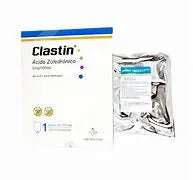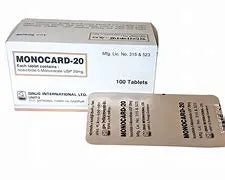Glibenclamide (also known as glyburide) is an antidiabetic medication used to treat type 2 diabetes. It works by increasing the release of insulin from the pancreas, helping to control blood sugar levels. Glibenclamide is typically taken orally and is recommended to be used in conjunction with diet and exercise. It may also be used alongside other antidiabetic medications, but it is not suitable for type 1 diabetes treatment.
Common side effects include nausea and heartburn, while serious side effects can include angioedema and low blood sugar. It is generally not recommended during pregnancy but can be used during breastfeeding. Glibenclamide is part of the sulfonylureas class of medications and has been widely prescribed since its approval in the United States in 1984. In 2021, it was the 214th most commonly prescribed medication in the U.S., with over 2 million prescriptions.
Glibenclamide is indicated as an adjunct to diet and exercise to improve glycemic control in adults with type 2 diabetes. It works by binding to and inhibiting the ATP-sensitive potassium channels (KATP) in pancreatic beta cells, which leads to cell membrane depolarization and the opening of voltage-dependent calcium channels. This increase in intracellular calcium stimulates insulin release, helping to lower blood sugar levels.








Reviews
There are no reviews yet.